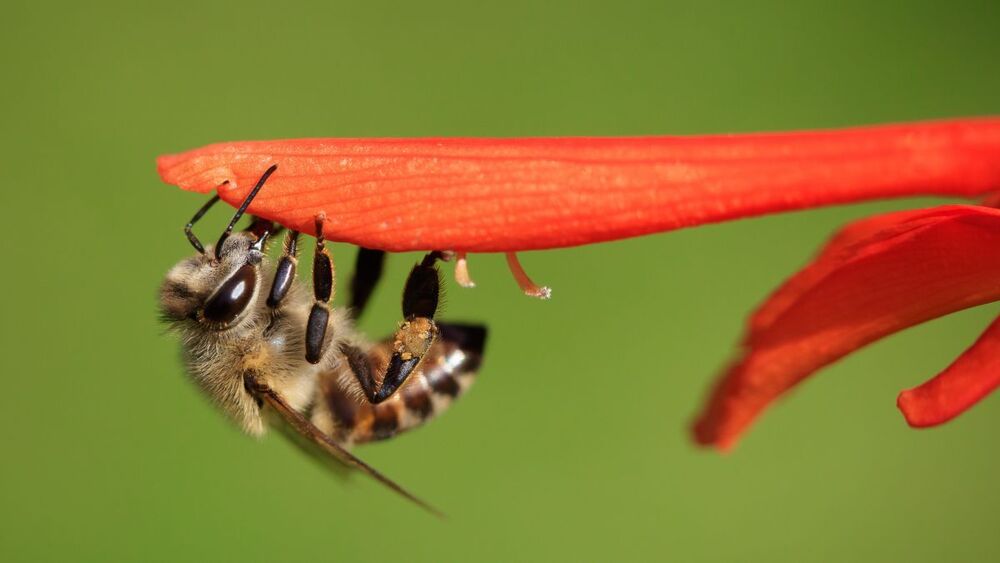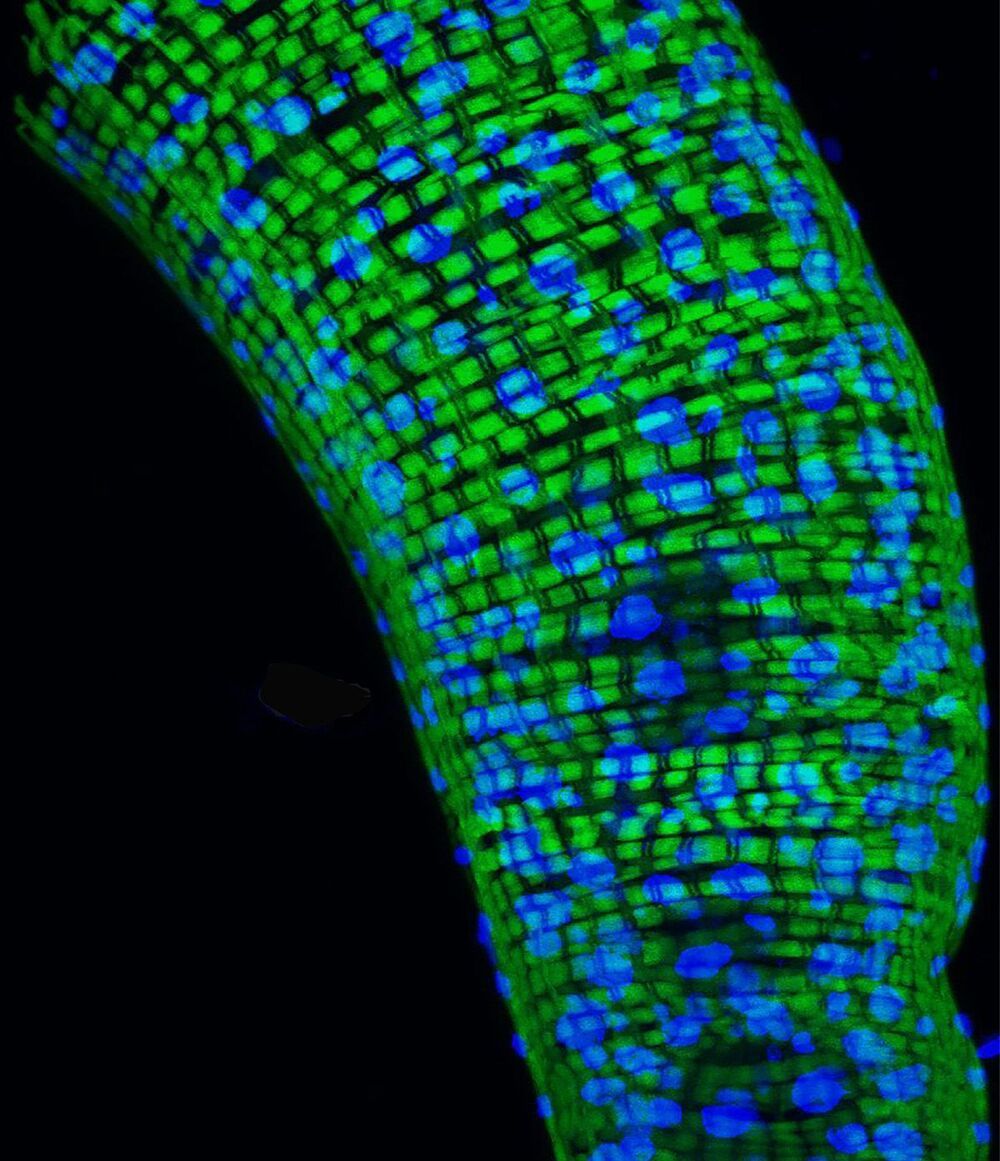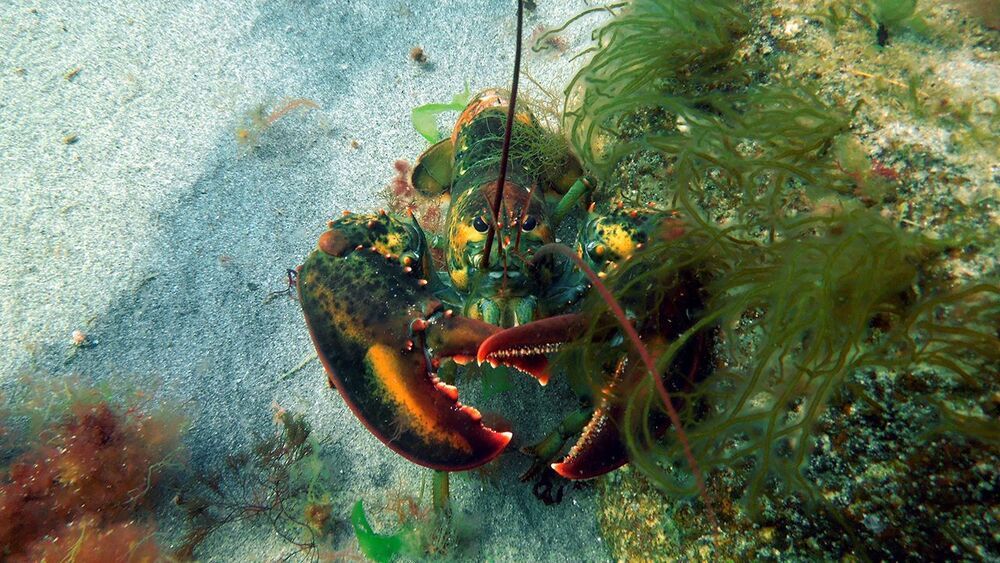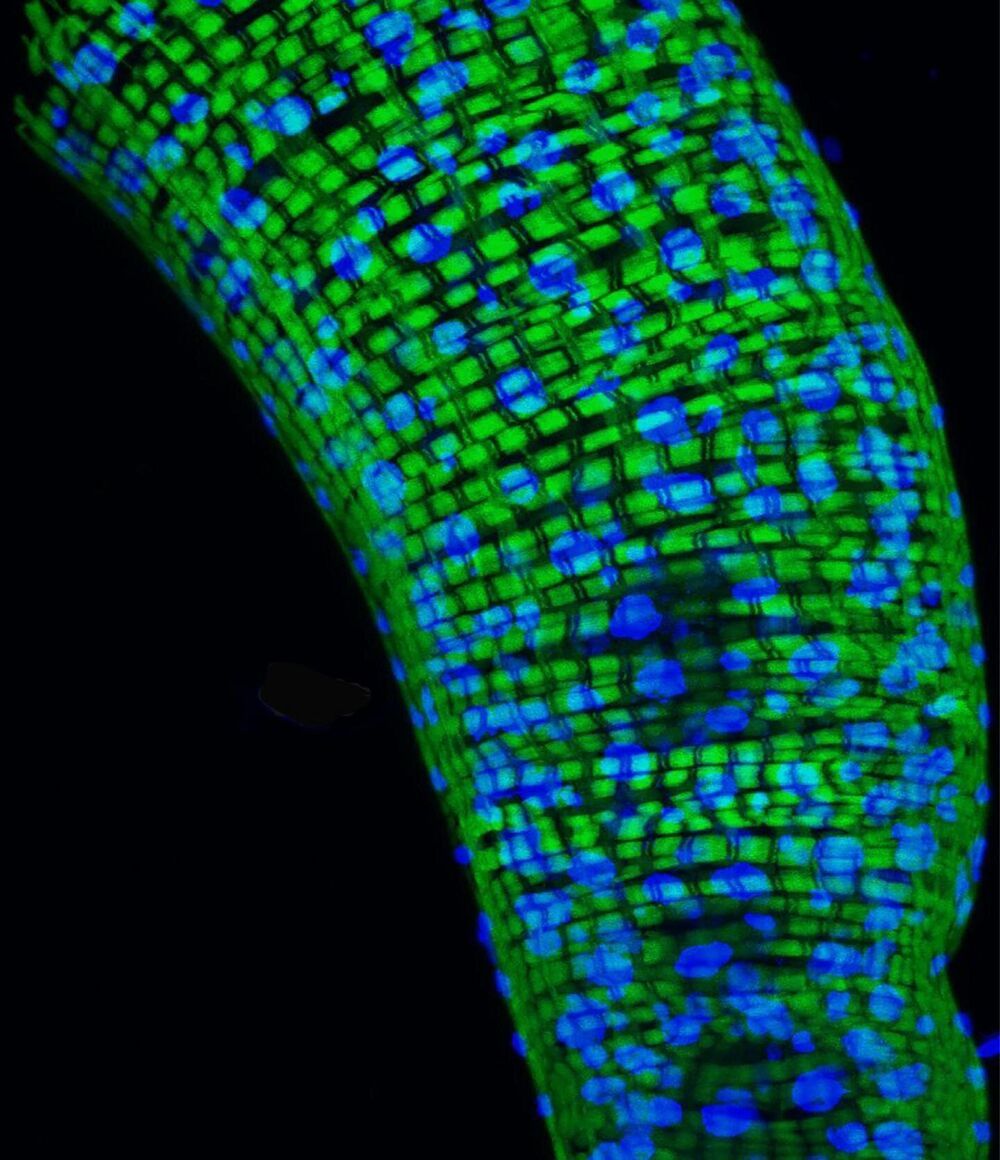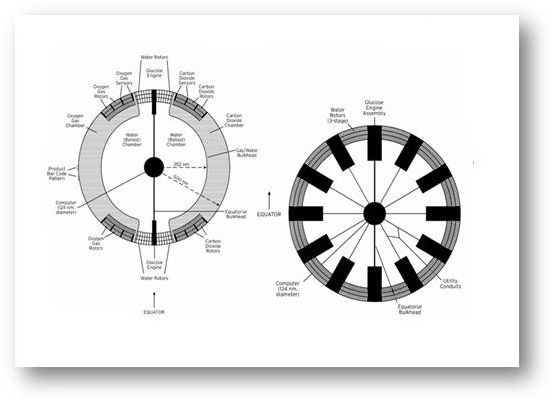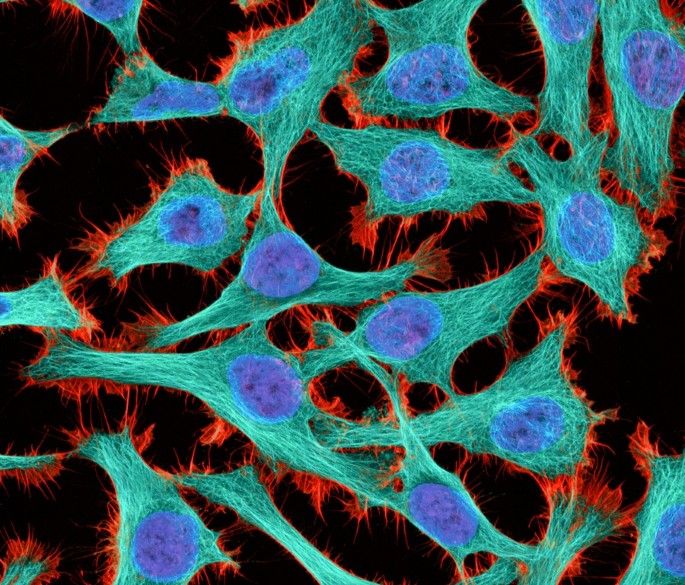Jun 25, 2021
Single bee is making an immortal clone army thanks to a genetic fluke
Posted by Quinn Sena in categories: biotech/medical, genetics, life extension
To understand how the clones can create millions of copies of themselves and yet remain functional, Oldroyd and his team compared the genomes of Cape honeybee workers with those of their queen and her offspring.
After forcing the Cape queen to reproduce asexually by fitting her with surgical tape that prevented her from mating, the team examined certain DNA sequences of both the Cape queen and the 25 larvae she produced. Then, they did the same for four Cape honeybee workers and their 63 larvae.
The team discovered that the asexually reproduced offspring of the queen had levels of recombination (DNA mixing) 100 times greater than the genetically identical cloned offspring of the workers — a finding that suggests the Cape worker bees have evolved a mutation that prevents recombination. Without the risk of a one-third loss of genetic material caused by the asexual reshuffling process, the workers are free to continually create perfect copies of themselves.
